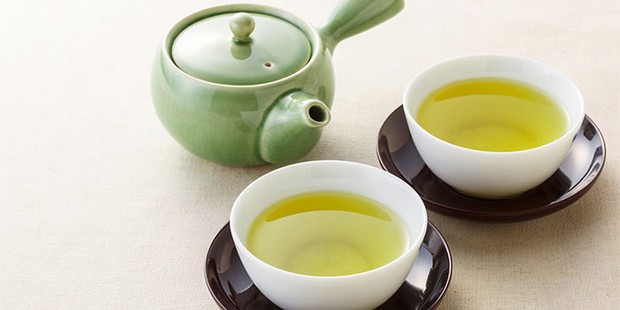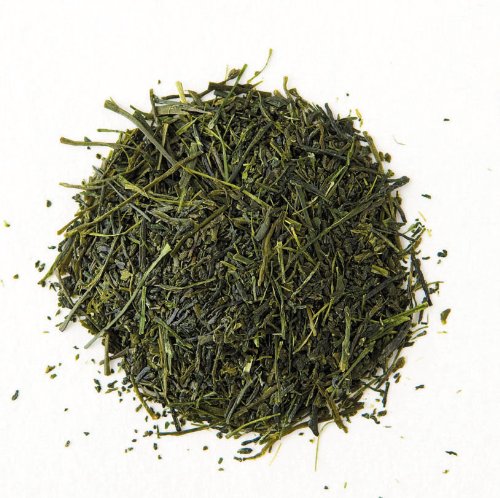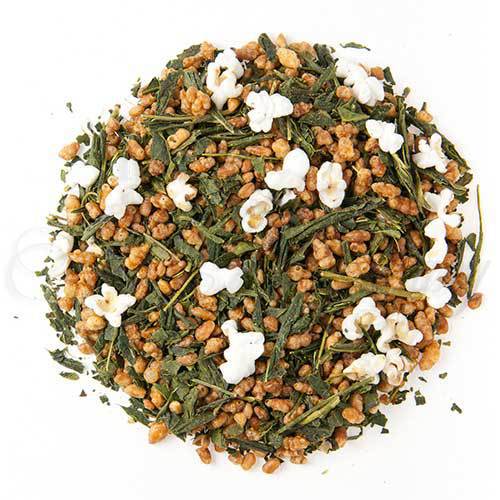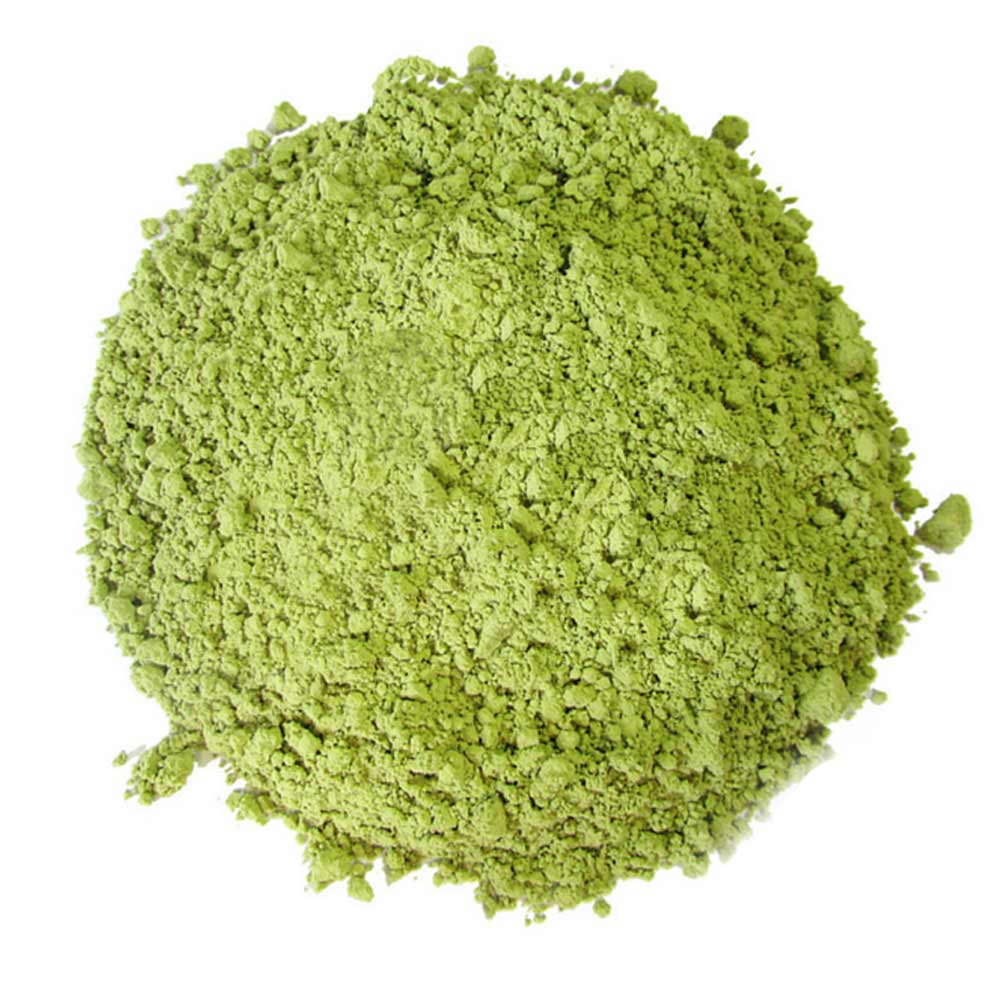
Coffee vs. Tea
The health benefits of tea – green tea especially – and the absence of negative effects associated with coffee have made many caffeine drinkers make the switch. Coffee has a number of immediate benefits of course, such as improving mood, vigilance, reaction time, and memory. However, some people find that negative effects such as insomnia, nervousness and restlessness, stomach irritation, nausea and vomiting, increased heart rate and respiration plague them when they drink coffee too much or too often. For some, the “buzz” from caffeine is simply too overwhelming.
Of course, tea contains caffeine as well, so many of these benefits that sometimes end up being downsides can be experienced from the consumption of tea. But there is at least one factor when it comes to green tea that aids in downplaying the negative side effects; studies show that caffeine combined with the amino acid L-theanine, which green tea is rich in, can have positive synergistic effects. One upside from this combination is that the energy we get from it is more stable. Many people report feeling less jittery and experiencing less or no “crash” in the middle or end of their day, as normally experienced with coffee.
L-theanine works to reduce our physiological stress responses by imitating the actions of gamma-aminobutyric acid (GABA), an inhibitory neurotransmitter that blocks excitatory responses in the brain. L-theanine can also suppress excitatory glutamatergic receptor function. By inhibiting excitatory responses, L-theanine can lower your blood pressure, heart rate, and stress hormone levels. Reduce these responses, and you get an overall reduction in stress and anxiety.
More benefits
Tea in general is rich in polyphenols, which are natural compounds that have health benefits, such as reducing inflammation.
Green tea contains a catechin called epigallocatechin-3-gallate (EGCG). Catechins are natural antioxidants that help prevent cell damage and provide other benefits. EGCG is one of the most powerful compounds in green tea and appears to be one of the main compounds that gives green tea its medicinal properties.
Green tea has also been shown to help block the formation of plaques that are linked to Alzheimer’s disease. And, because catechins lower cholesterol and blood pressure, green tea appears to help keep blood sugar stable in those with diabetes.
Green tea varieties
There are several types of green tea out there, with various techniques used to grow, with different timings of the harvest or methods of processing. So, here are just a few common varieties that we drink often:
Sencha

Sencha is the most frequently drunk and well-known variety of green tea. It is made according to the most common processing methods, whereby the leaves are steamed and rolled to produce crude tea.
Genmaicha

Genmaicha derives its name from the Japanese word for “brown rice,” which is rice that still retains the bran covering of the rice grain. The soaked and steamed brown rice is roasted and popped, and is mixed with Sencha or other tea in a ratio of approximately 50:50. Since brown rice is mixed in – thereby decreasing the amount of Sencha – Genmaicha has a low caffeine content.
Matcha

Tencha that is stoneground immediately before shipping is called Matcha. Dark Matcha (Koicha) is used in Japan’s traditional tea ceremony, and was previously made from the leaves of very old tea bushes – over 100 years old. In recent times, cultivar varieties suited to Koicha have been selected, while soil fertility management techniques and covered culture methods have been developed to provide the best tea for Koicha. Matcha is also used extensively in the making of traditional Japanese confections and various savory dishes. Another unique feature of Matcha is that unlike Sencha and other teas, when one drinks Matcha the leaf is fully consumed.
Sources: https://www.healthline.com/nutrition/top-10-evidence-based-health-benefits-of-green-tea#10.-May-help-you-live-longer https://www.webmd.com/diet/features/tea-types-and-their-health-benefits#1 https://www.webmd.com/food-recipes/features/health-benefits-of-green-tea#1 https://www.itoen-global.com/allabout_greentea/varieties.html https://hvmn.com/blogs/blog/supplements-caffeine-and-l-theanine-the-best-combo-for-energy
Leave a Comment
You must be logged in to post a comment.



0 Comments